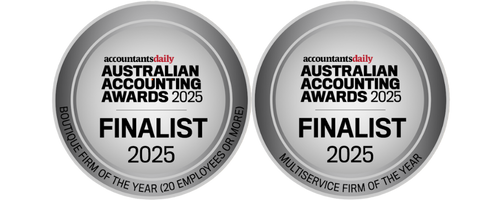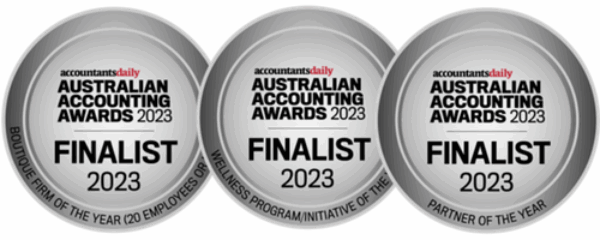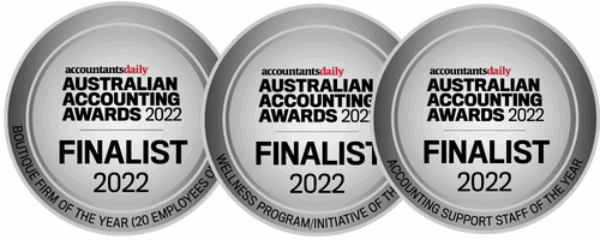When it comes to how the super death benefit is paid out, there are specific tax implications involved which affect the amount a nominated beneficiary will receive.
In a situation where super is paid out after an individual has passed, it is generally split up into two components; taxable and tax-free. The tax-free portion of a super death benefit is tax exempt and can include payments of after-tax contributions and government co-contributions. While the taxed component is primarily made of employer contributions, personal contributions (when a tax deduction is claimed) and salary sacrificed contributions.
Upon receiving a super death benefit, the amount of tax you as the beneficiary will be required to pay will depend upon your age and a number of considerations.
These include:
• The deceased individual’s age at the time of their passing
• If the super fund has already paid all tax owing on the taxable component
• Whether the income stream is account-based or a capped defined benefit income stream
• Whether you are the dependent of the deceased individual (i.e., you rely on their financial support)
• If it is paid out in one payment or as an income stream
The Australian Tax Office (ATO) does not require you to pay any tax on the taxable component of a super death beneft you receive when you are a dependant of the deceased individual and receive the payment as a lump sum. However, varying rates may apply (depending upon the above considerations) if you accept the balance of the benefit as an income stream.
In cases where you are not a dependent of the deceased individual, you will receive the balance of the benefit in one payment. The taxable component of the amount will be taxed at your marginal tax rate. However, you may have this rate reduced providing you are eligible for tax offsets.
If you have any questions about how the super death benefit is paid out, make an appointment to see the Walshs team– you can now book online here – or call Walshs on 07-3221 5677.
As this advice is general in nature please do not hesitate to contact one of our adviser accountants or financial planning advisers if you have a query that is specific to your circumstances.











